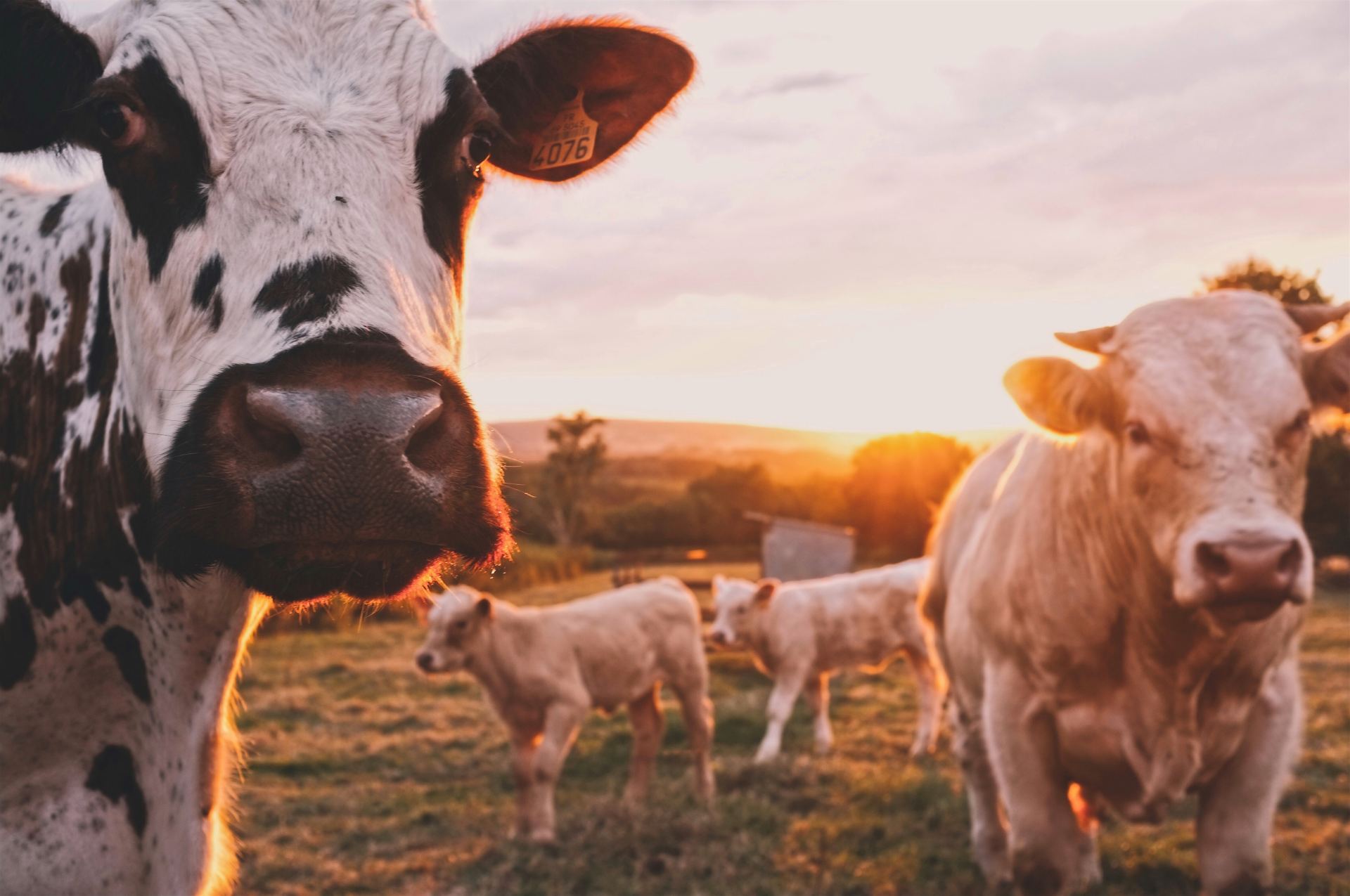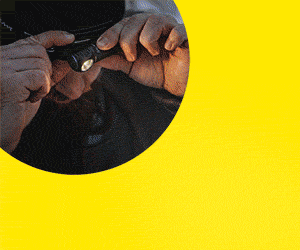1MG FlippingBooks
New project uses AI tech to assist Indian farmers
Researchers from the University of Queensland (UQ) are using AI-based breeding technology to help Indian smallholder milk producers maintain supply.
India’s 1.3 billion citizens rely heavily on cow and buffalo milk as an important source of nutrients. And as more milk is required to keep pace with growing demand, extra milk production needs to be supplied from the same resource base.
Past breeding efforts in India have seen limited success, with milk production rates stalling at about four to five litres per animal per day.
The new project, which is supported by the Bill & Melinda Gates Foundation , will recruit the “genomic selection” technology co-developed by UQ’s Professor Hayes to address this stalled genetic gain in India’s milk industry. It aims to double milk production to about 10 litres a day with only a modest increase in feed.
Professor Hayes has previously applied genomic selection to address similar constraints in the Australian dairy industry. The process is one of the most advanced breeding technologies currently available and uses modelling to predict the genetic combinations best suited to achieving genetic gain in the breeding target.
“The solution lies in taking advantage of existing genetic variation between animals in how efficient they are at turning feed into milk,” he says. “The trick is to establish a breeding program that identifies these animals, and to use them for breeding the herds of the future.”
The project is a collaborative effort with Indian smallholder farmers who are logging milk production rates to generate the data vital to Professor Hayes’ computing algorithms.
It is also recording fertility traits to ensure that the breeding program does not accidentally reduce fertility.
“From experience we know that if you select really hard for gains in milk production, fertility will decline,” says Professor Hayes. “We are not going to make that mistake with the Indian cattle, so we are selecting for both milk production and fertility at the same time.”
You can read more about Professor Hayes’ work here.















